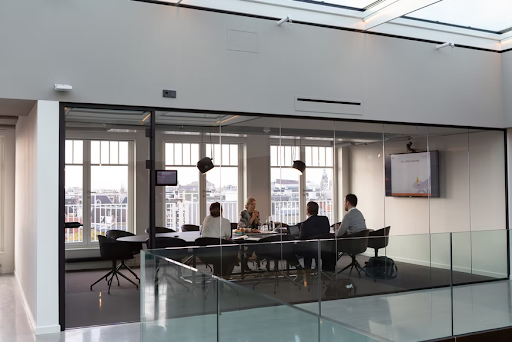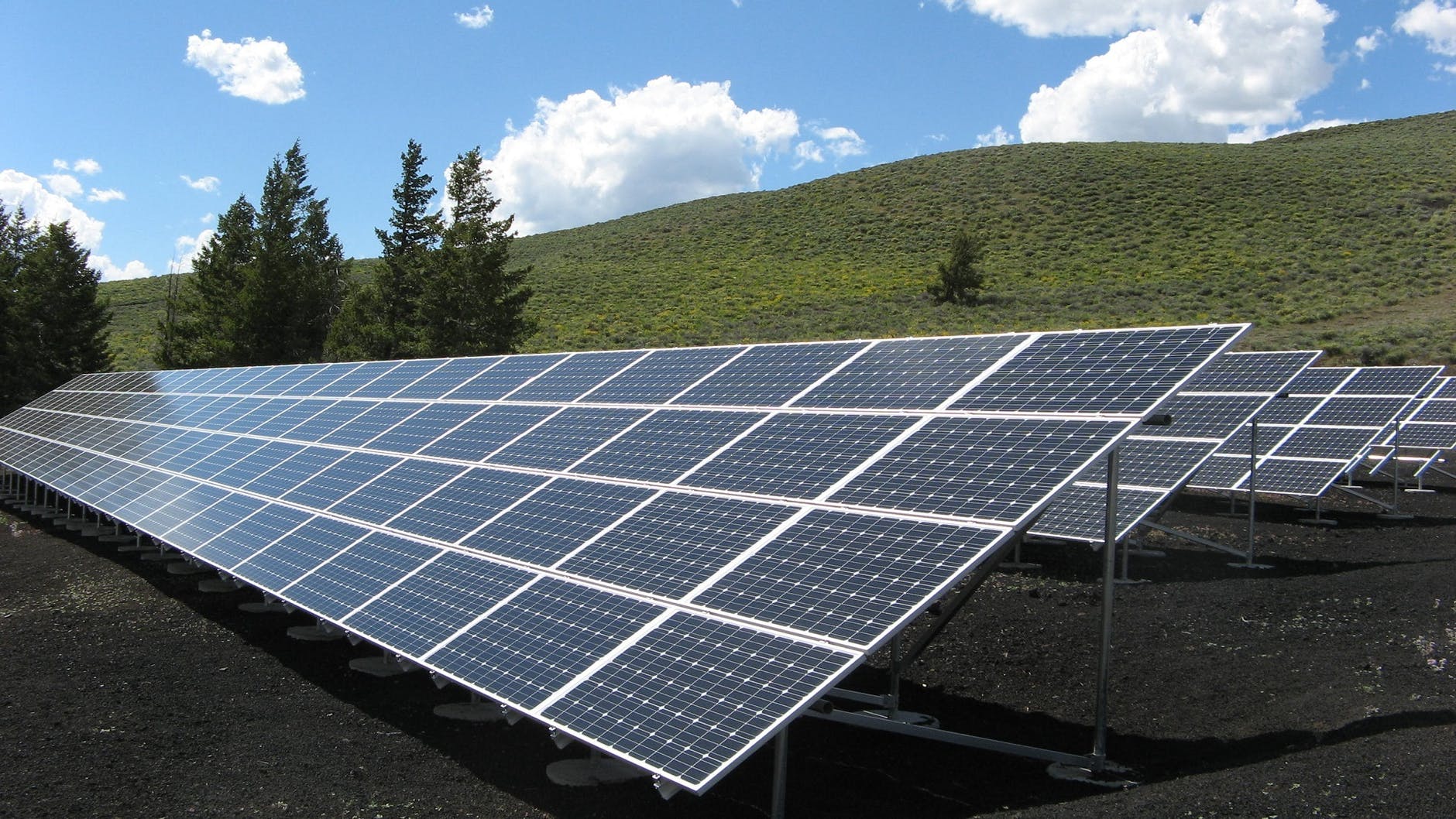3 Tips For Helping Your Home Run More Efficiently
When it comes to efficiency, homes can benefit from this in all kinds of ways. While an efficiently run home makes it so that nothing falls through the cracks from an administrative standpoint, a home that runs efficiently as far as energy is concerned can help to ensure that there’s minimal waste, cost savings, and much more. So to help you see how this can be done within your own home, here are three tips for helping your home run more efficiently.
Consider Things Related To Heating And Cooling
One area where most homes could see some improvement as far as efficiency is with the heating and cooling of their space. In some spaces, the heating and cooling may have gotten put into the space without really knowing which size of HVAC unit to use. This can cause your entire system to be inefficient. But luckily, there are things that you can do to rectify this. Doing things like installing cool roof technology, using solar panels, putting in better insulation, and other measures can help to make your heating and cooling much more efficient in your home. And while some of these things will be a bit more labor or financially intensive, some of them can help you to see vast improvements in your efficiency with very little effort or money spent.
Use The Right Appliances
Another thing that can help your home to run more efficiently is to use the right appliances. Especially if you have older appliances, replacing them with newer appliances that are Energy Star certified can go a long way toward helping your appliances become much more efficient. These types of appliances can help you to conserve water, power, and much more. They can also work faster and arguably better than older models that used more energy and waste more natural resources. So if you’re looking for ways to be more efficient with the energy or resources you’re using in addition to the time you’re spending on certain tasks, getting the right appliances can help you with both of these objectives.
Consume Energy Wisely
In every home, there is going to be some energy wasted during the process of energy being consumed. But luckily, there are things that you can do to help reduce the energy that you’re using and make better use of the energy that you need to use within your home. One simple way to do this is to use smart plugs throughout your space. These smart plugs can help to stop electronics from continuing to use energy when the actual electronics aren’t in use. So when you stop using something, even if it’s still plugged in, the phantom energy usage from these appliances or devices will stop, which will make your energy usage at home much more efficient. If you want your home to run much more efficiently as far as energy is concerned, consider using the tips mentioned above to help you accomplish this.
Check Next >https://www.neoadviser.com/the-latest-breakthroughs-in-home-tech/


